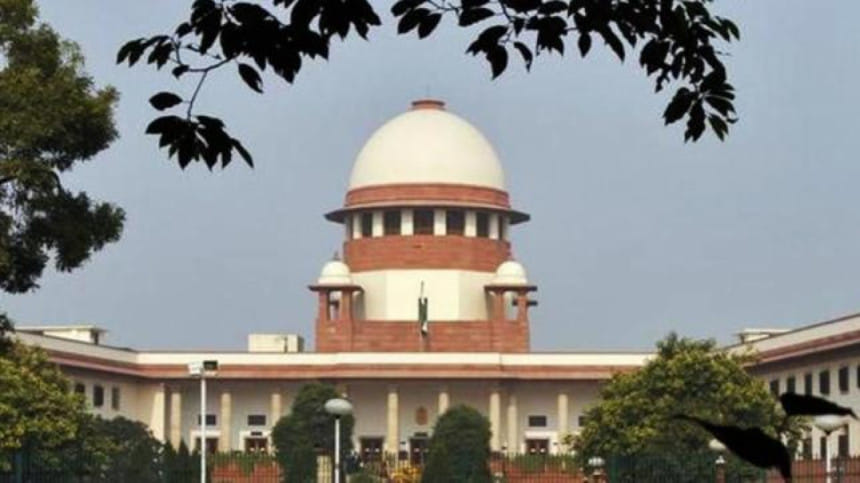'Will Muslims be allowed to be part of Hindu trusts?'

Hearing the bunch of petitions challenging the Waqf Amendment Act, India's Supreme Court today asked the Centre tough questions on multiple provisions of the new law, especially its provisions for 'Waqf by user' properties, according to NDTV.
The court also flagged the provision to include non-Muslims on the Central Waqf Council and asked the government if it would allow Muslims to be part of Hindu endowment boards.
The bench, led by Chief Justice Sanjiv Khanna and comprising Justice Sanjay Kumar and Justice KV Vishwanathan, was hearing 73 petitions challenging the new Waqf Act, which has sparked protests in several parts of the country.
At the outset, the Chief Justice told the petitioners that two questions needed to be addressed. The first was whether the Supreme Court would send the petitions to a high court and what points the petitioners intend to argue.
Senior Advocate Kapil Sibal, appearing for one of the petitioners, said many provisions in the new law violate Article 26 of the Constitution, which guarantees the freedom to manage religious affairs. Sibal also flagged the powers the new law gives to the Collector. He argued that the Collector is a part of the government and if he plays the role of a judge, it is unconstitutional.
Sibal then mentioned 'Waqf by user' - a provision under which a property is treated as Waqf based on its long-term use for religious or charitable purposes, even without formal documentation. The new law adds an exemption: this won't apply to properties that are in dispute or are government land.
Sibal said that 'Waqf by user' is an integral part of Islam. "The problem is, if a waqf was created 3,000 years ago, they will ask for the deed," he said.
Senior Advocate Abhishek Singhvi, also appearing for a petitioner, said that 4 lakh Waqf properties out of the total 8 lakh properties in the country are 'Waqf by user'. At this point, the Chief Justice intervened, "We are told Delhi High Court is built on Waqf land. We are not saying all waqf by user is wrong, but there is genuine concern," he said.
Singhvi then said they are seeking a stay on some provisions and not the entire Act.

 For all latest news, follow The Daily Star's Google News channel.
For all latest news, follow The Daily Star's Google News channel. 



Comments